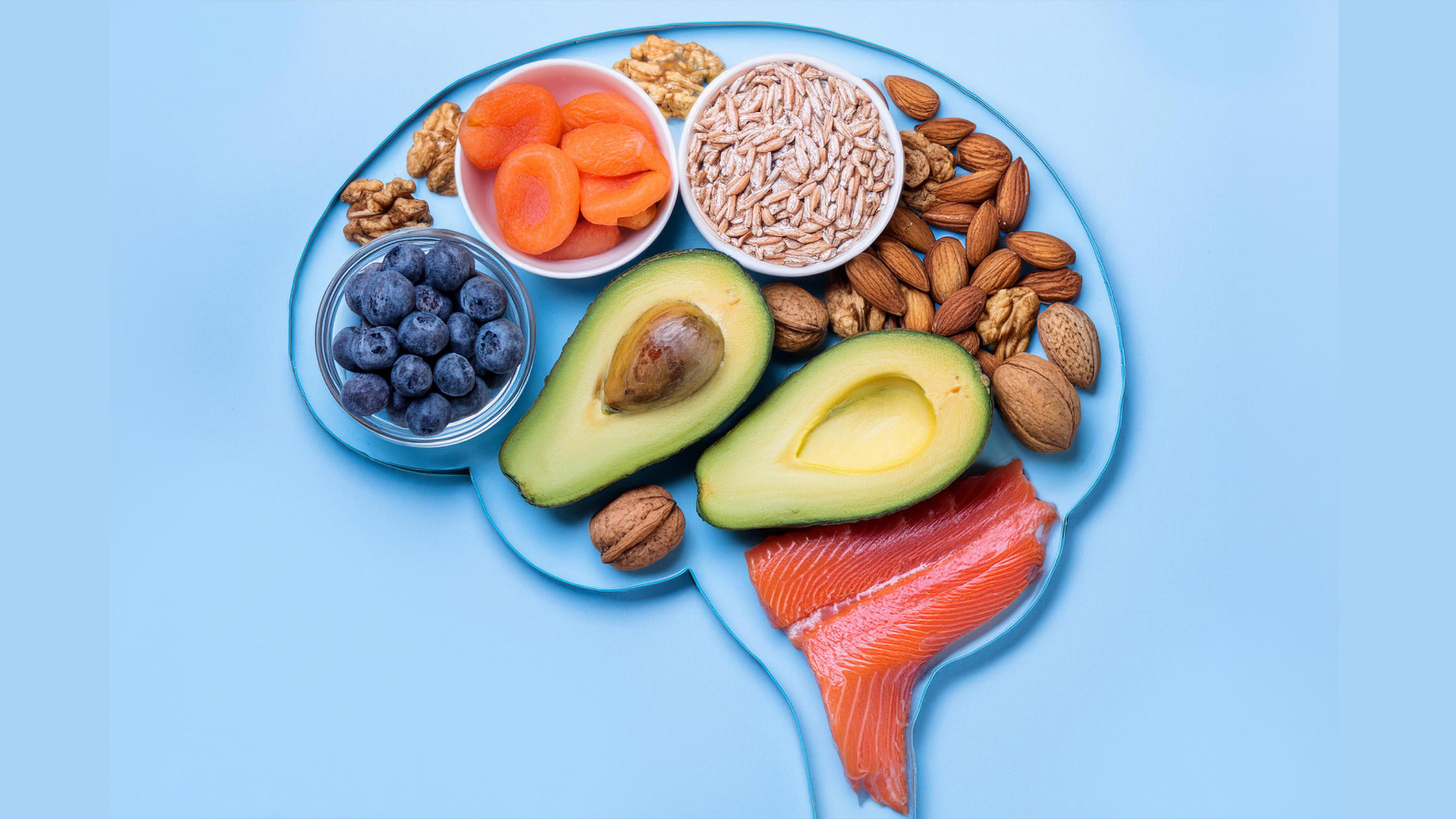Gut–Brain Axis 101: How to Calm Stress in Your Gut
Ever had “butterflies in your stomach” before a big meeting or found yourself rushing to the bathroom on a stressful day? That’s your gut–brain axis at work—the two-way communication system linking your brain and digestive system.
What Is the Gut–Brain Axis?
The gut–brain axis is a bi‑directional communication network connecting your central nervous system (brain and spinal cord) with the enteric nervous system—often called the “second brain.” Through this network, thoughts, emotions, and stress can influence digestion, while gut signals affect mood and focus.
Multiple messengers mediate this crosstalk:
The vagus nerve transmits fast, electrical signals.
Neurotransmitters like serotonin (about 90% of it is produced in the gut) and dopamine are active in both brain and gut communication.
The HPA axis, which regulates stress hormones like cortisol, impacts both mood and digestion.
Microbial metabolites, immune signals, and gut peptides also play major roles.
Stress ramps up your body’s fight-or-flight response (HPA axis), which can speed up, slow down, or otherwise disrupt digestion. Which explains why stress often leads to diarrhea, constipation, nausea, cramps, or urgent trips to the bathroom—depending on how gut motility is affected. In conditions like IBS and IBD, stress is a well‑known trigger that increases gut sensitivity, worsens inflammation, and disrupts barrier functions in the intestines
The good news? Daily habits can help calm this response and restore balance.
Strategies to Support Your Gut-Brain Axis
1. Stress Management Practices
Chronic stress is one of the biggest gut disruptors—but even a few minutes of calming practices each day can make a difference.
Deep breathing: Try “box breathing” (inhale for 4, hold 4, exhale 4, hold 4) before meals to activate the vagus nerve and improve digestion.
Progressive muscle relaxation: Tense and release muscle groups, starting from your toes up to your head, to reduce body tension.
Journaling: Writing down worries or gratitude can lower perceived stress and support mental clarity.
Gentle movement: Yoga, stretching, or a walk outdoors helps regulate stress hormones.
Meditation apps: Headspace, Calm, or free YouTube guided meditations make it accessible.
2. Mindful Eating Habits
How you eat matters just as much as what you eat.
Slow down: Take 15–20 minutes to finish meals—chewing thoroughly signals digestion to “switch on.”
Intentional mealtime environment: Choose what helps you feel calm—either distraction-free eating (putting down your phone or laptop to tune into fullness cues) or a gentle, stress-reducing distraction like listening to calming music, an audiobook, or a favorite show that helps you relax.
Check in with hunger/fullness: Pause mid-meal and notice how your body feels.
Mini-rituals: Light a candle, take a few calming breaths, or play soft music—anything that creates a sense of calm while eating.
3. Nutrition That Nurtures the Gut–Brain Axis
Fiber: Whole grains, beans, fruits, and vegetables feed gut bacteria that support mood regulation.
Fermented foods: Yogurt, kefir, kimchi, or sauerkraut provide probiotics that may improve stress response and digestion.
Magnesium-rich foods: Pumpkin seeds, leafy greens, and nuts can support relaxation and reduce anxiety symptoms.
Herbal supports: Chamomile or ginger tea have mild calming effects and may improve digestion in stress context.
4. Better Sleep for Better Digestion
Stress and poor sleep often go hand-in-hand.
Stick to a regular bedtime/wake time, even on weekends.
Avoid large meals or caffeine within 3–4 hours of bed.
Create a calming wind-down routine: reading, stretching, or sipping herbal tea.
Sleeping on your left side may reduce nighttime reflux.
5. When to Seek Help
If stress or gut symptoms are interfering with your daily life—such as persistent reflux, IBS flare-ups, or poor sleep—it’s worth checking in with a dietitian, GI specialist, or mental health provider.
Final Thoughts
Your gut isn’t just digesting food—it’s a responsive organ tuned in to your mind and emotions. Stress, mood, and sleep deeply influence digestion through the gut–brain axis, and conversely, gut health shapes your mental well-being.
By weaving in small daily practices—whether that’s mindful meals, a short walk, or a regular bedtime routine—you can help your gut and brain stay better connected and balanced.

